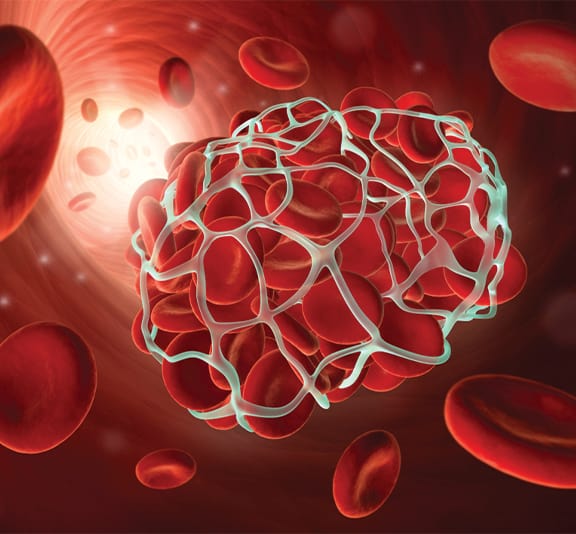

What is a Coagulation Disorder?
Coagulation Disorders, often known as bleeding disorders, are medical illnesses that impair the body's capacity to correctly form blood clots. When a blood vessel is injured, blood clotting, or coagulation, is required to prevent excessive bleeding. Coagulation problems can cause abnormal bleeding or clotting, leading to serious complications.

Coagulation Disorders are classified into several kinds, each with its own set of characteristics. The most prevalent types are as follows:
Coagulation Disorders can be induced by a variety of reasons, such as:
Our diagnosis procedure for coagulation disorders at Surya Hospitals entails a battery of tests to give us a thorough grasp of your blood clotting processes
These tests are carefully chosen to ensure a customized approach based on your medical history, symptoms, and preliminary assessments.
At Surya, we provide specialized care for Coagulation Disorders in our Bone Marrow Transplant Unit. Among the treatment options available are:
Severe bleeding, easily bruised, or improper blood clotting are among the symptoms. A diagnosis can be made by a doctor through testing.
It is true that certain coagulation abnormalities are hereditary and can be inherited by a child's parents.
To evaluate blood clotting factors, diagnostic techniques include platelet count, PT, aPTT, genetic testing, and others.
The course of treatment varies and may involve complex therapies such as blood transfusions in extreme cases, as well as medication and lifestyle modifications.
Yes, many people with coagulation abnormalities have healthy lives after receiving the right diagnosis and care. Follow-up appointments with doctors are crucial.
It is good to be curious when it comes to your health, but, it is equally important to put your curiosity to rest by seeking expert opinion. Have more questions related to your health?
